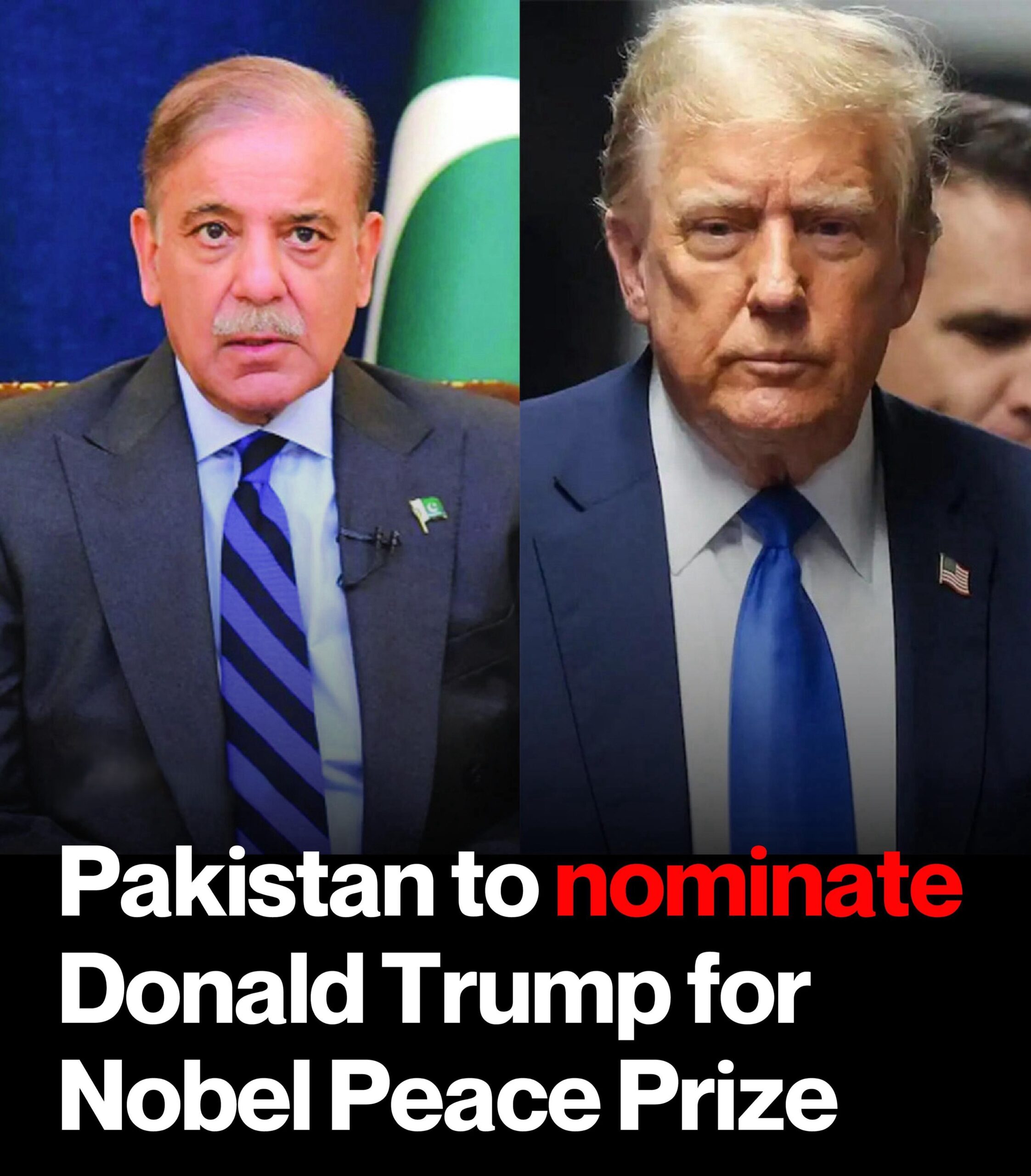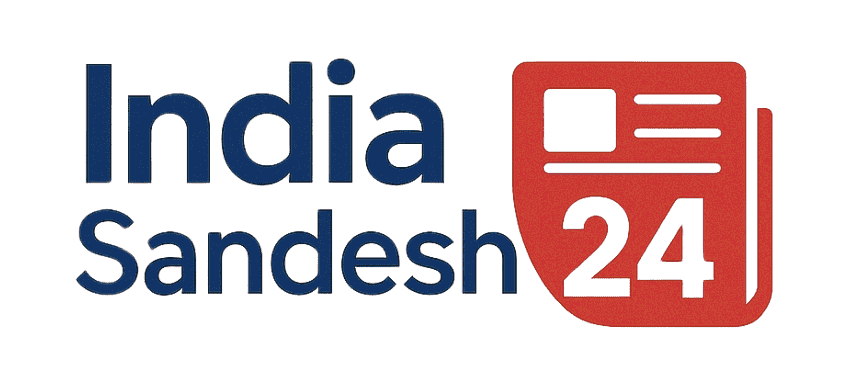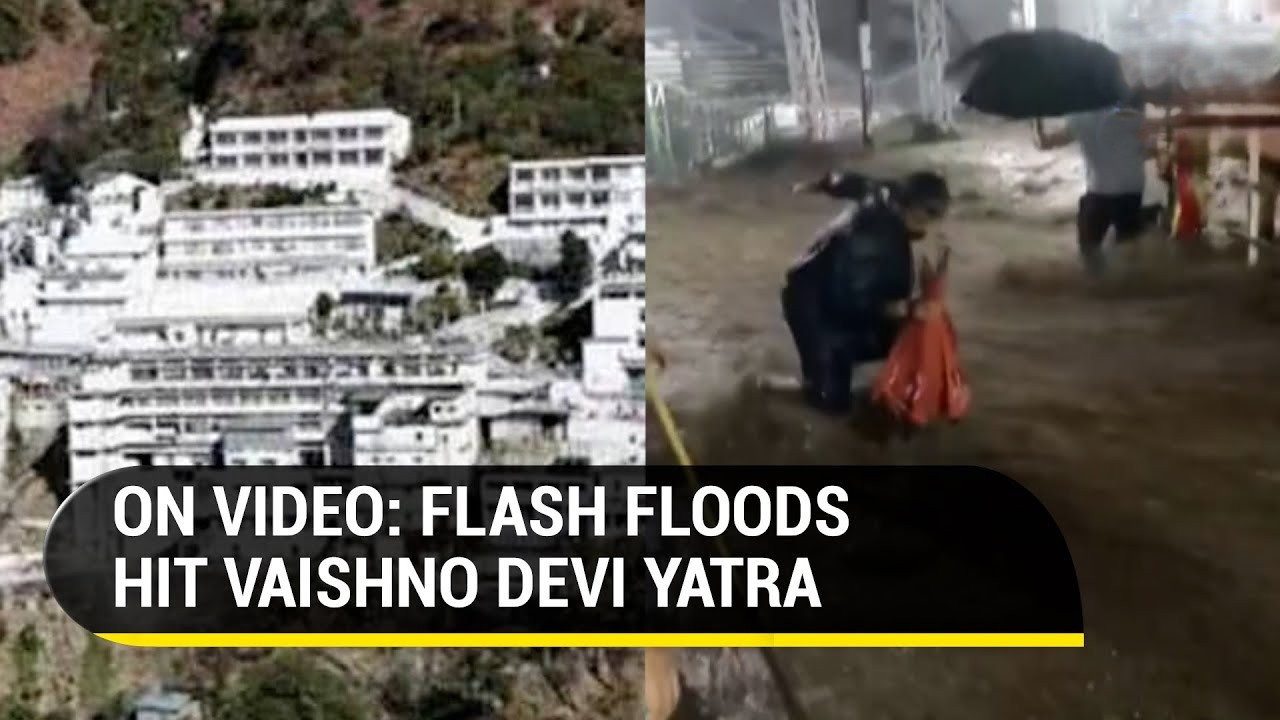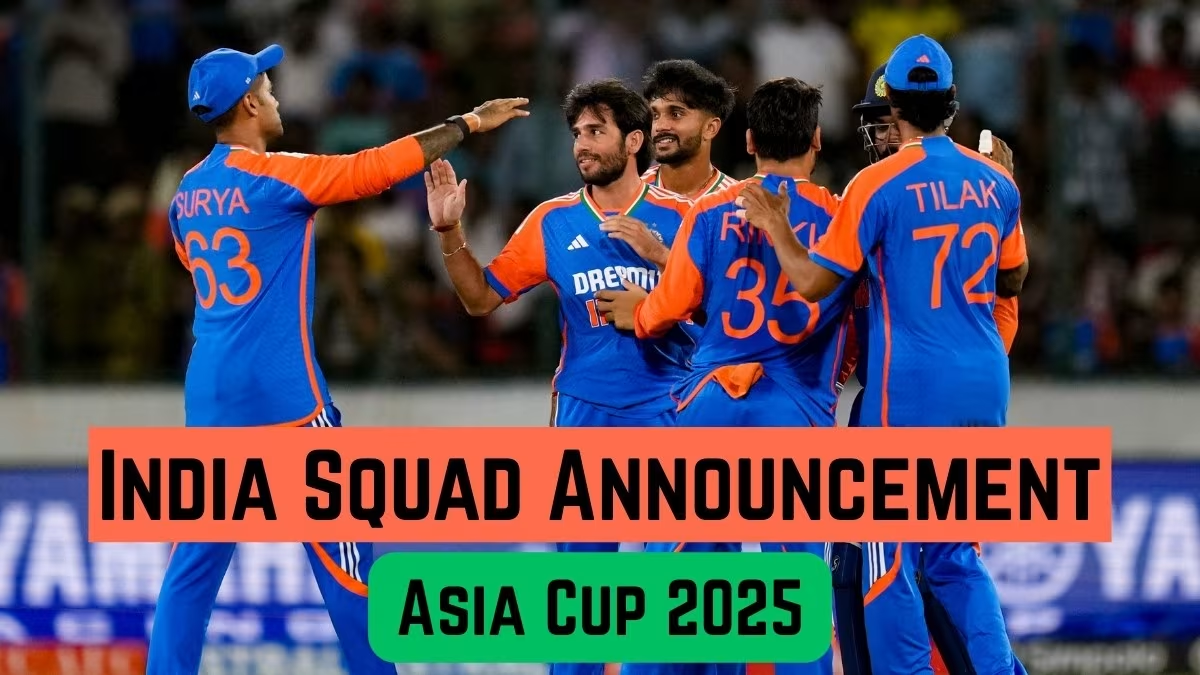
Introduction to Pakistan’s Nobel Peace Prize Nomination
In a significant diplomatic move, Pakistan has formally recommended US President Donald Trump for the 2026 Nobel Peace Prize. This nomination highlights Trump’s role in de-escalating tensions during the 2025 India-Pakistan crisis, showcasing his diplomatic intervention as a pivotal moment in South Asian geopolitics. The decision has sparked global discussions, with opinions divided on its implications. This article explores the reasons behind Pakistan’s recommendation, the context of the crisis, reactions, and the broader significance of this Nobel Peace Prize nomination.
Why Pakistan Nominated Trump for the Nobel Peace Prize
Pakistan’s government announced its decision to nominate Trump for the Nobel Peace Prize due to his “decisive diplomatic intervention” and “pivotal leadership” during the May 2025 India-Pakistan conflict. The crisis, triggered by a deadly terrorist attack in India-administered Kashmir, escalated into a four-day exchange of drone and missile strikes. Pakistan credits Trump with engaging both Islamabad and New Delhi to secure a ceasefire, preventing a broader conflict between the two nuclear-armed nations. This Nobel Peace Prize nomination underscores Trump’s strategic foresight and commitment to peace-building through dialogue.
Key Reasons for the Nomination
- Diplomatic Engagement: Trump’s robust communication with both nations de-escalated a rapidly deteriorating situation.
- Ceasefire Achievement: His intervention helped halt the conflict, averting a potential nuclear escalation.
- Kashmir Mediation Offer: Pakistan praised Trump’s willingness to mediate the longstanding Jammu and Kashmir dispute, a core issue in regional instability.
- Economic Incentives: Trump’s approach included proposing trade agreements to foster prosperity and stability in Pakistan.
Context of the India-Pakistan Crisis
The 2025 India-Pakistan crisis began with a terrorist attack on April 22 in Pahalgam, killing 26 people, mostly tourists. This incident led to intense cross-border military actions from May 7-10, raising fears of a nuclear confrontation. Pakistan’s operation aimed to re-establish deterrence while avoiding civilian harm. Trump’s diplomatic efforts, as per Pakistan’s statement, were instrumental in securing a ceasefire. However, India’s Foreign Secretary Vikram Misri clarified that the ceasefire resulted from direct military talks between India and Pakistan, not US mediation, highlighting a divergence in narratives.
Timeline of the Crisis
- April 22, 2025: Terrorist attack in Pahalgam, India-administered Kashmir, kills 26.
- May 7-10, 2025: India and Pakistan engage in drone and missile strikes.
- May 10, 2025: Ceasefire achieved through direct military communication, with Pakistan attributing a key role to Trump.
- June 19, 2025: Pakistan’s Army Chief Asim Munir meets Trump at the White House, followed by the Nobel Peace Prize nomination announcement.
Reactions to the Nobel Peace Prize Nomination
The nomination has elicited mixed responses globally and within Pakistan. dvocates, such as former Pakistani Senate Defence Committee chair Mushahid Hussain, contend that Trump’s diplomatic initiatives merit the Nobel Peace Prize nomination, highlighting his constructive influence on strengthening Pakistan-US ties. Critics, however, question the move. Pakistani journalist Zahid Hussain called it “pathetic,” citing Trump’s support for Israel’s actions in Gaza. Former UN ambassador Maleeha Lodhi described the nomination as an act of “ingratiation” rather than genuine policy. In India, official sources view it as a strategic move by Pakistan to secure economic and technological support from the US while pushing for American backing on Kashmir.
Global and Domestic Sentiments
- Support in Pakistan: Some see the nomination as a way to strengthen ties with Washington and acknowledge Trump’s peacemaking efforts.
- Criticism in Pakistan: Critics argue the nomination overlooks Trump’s controversial foreign policy stances, particularly on Gaza.
- India’s Stance: India firmly rejects claims of US mediation, asserting the ceasefire was a bilateral achievement.
- International Perspective: The nomination has sparked debates about the criteria for the Nobel Peace Prize and Trump’s global diplomatic legacy.
Significance of the Nomination for Regional Stability
Pakistan’s recommendation of Trump for the Nobel Peace Prize carries broader implications for South Asian stability. The nomination highlights the ongoing Jammu and Kashmir dispute, with Pakistan noting that durable peace requires implementing UN Security Council resolutions. By proposing Trump, Pakistan signals its intent to deepen ties with the US, potentially influencing future diplomatic and economic engagements. However, India’s rejection of mediation underscores the challenges of third-party involvement in the region’s conflicts. The Nobel Peace Prize nomination also aligns with Trump’s long-standing desire for the award, as he has repeatedly claimed he deserves it for various peace efforts, including the Abraham Accords and Rwanda-Congo treaty.
Strategic Implications
- US-Pakistan Relations: The nomination strengthens bilateral ties, especially after Trump’s meeting with Pakistan’s Army Chief Asim Munir.
- India-Pakistan Dynamics: It may strain relations with India, which opposes external mediation on Kashmir.
- Global Diplomacy: The move positions Trump as a key player in international conflict resolution, boosting his global image.
Trump’s History with the Nobel Peace Prize
Trump has long expressed frustration over not receiving the Nobel Peace Prize, often comparing himself to former President Barack Obama, who won in 2009. He has claimed eligibility for efforts like the Abraham Accords, Serbia-Kosovo economic normalization, and now the India-Pakistan ceasefire. In a June 2025 statement, Trump remarked, “I should have gotten the Nobel Peace Prize four or five times,” citing multiple conflict resolutions. Pakistan’s nomination, one of the first by a government for Trump, fulfills a long-standing ambition while raising questions about the Nobel Peace Prize’s selection criteria.
A Controversial Yet Impactful Nomination
Pakistan’s decision to recommend Trump for the 2026 Nobel Peace Prize has ignited global interest and debate. While Pakistan praises Trump’s diplomatic intervention in the India-Pakistan crisis, India’s rejection of his role and domestic criticism within Pakistan highlight the complexities of this nomination. The move underscores the delicate balance of South Asian geopolitics and Trump’s pursuit of global recognition. Whether this Nobel Peace Prize nomination translates into an award remains uncertain, but it has undoubtedly elevated discussions on peace, diplomacy, and regional stability.








